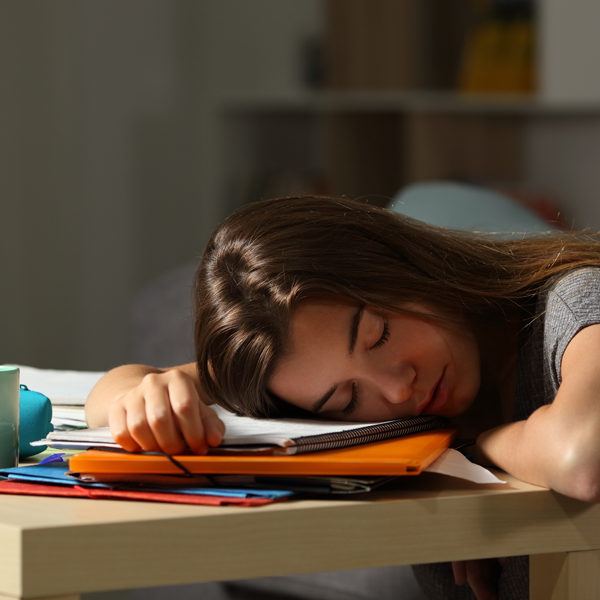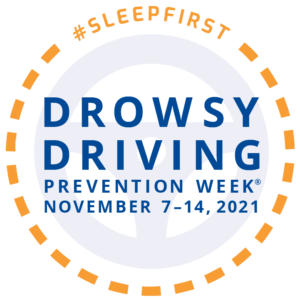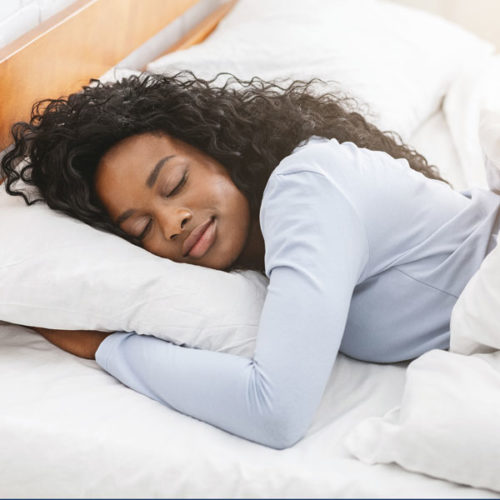
Are you too tired to drive?
Sleepiness and driving are a dangerous combination, just as dangerous in fact as driving under the influence. Not getting enough sleep the night before you have to drive is an important signal to pay attention to for yourself and your friends.

Wake Up
Any driver can become fatigued, but young people are at the highest risk for drowsy driving — especially males under the age of 26.
You're busy, you've got goals. You are often up early for school, or out late for events or for work. Prioritizing healthy sleep habits and getting enough sleep are two important ways to prevent yourself or friends being involved in a life-changing crash.
55%
of drowsy driving crashes involve those under 25 years old
Resources to Keep You Safe and Well-Rested
What can I do?
Start by knowing the signs and be proactive. This applies to you, your friends, and your family members.
The most important thing — Do NOT operate a motor vehicle if you are sleep-deprived.
The term sleep deprivation refers to getting less than the needed amount of sleep, which, for adults, ranges from seven to nine hours of sleep per night. Teens and young adults need even more than average with a recommended range of 8-10 hours.

 The NSF Instagram
The NSF Instagram

As the global voice for sleep health, National Sleep Foundation educates the public through our annual Drowsy Driving Prevention Week campaign and reminds the public to put sleep first.

The National Sleep Foundation (NSF) is dedicated to improving health and well-being through sleep education and advocacy. Founded in 1990, the NSF is committed to advancing excellence in sleep health theory, research, and practice.













